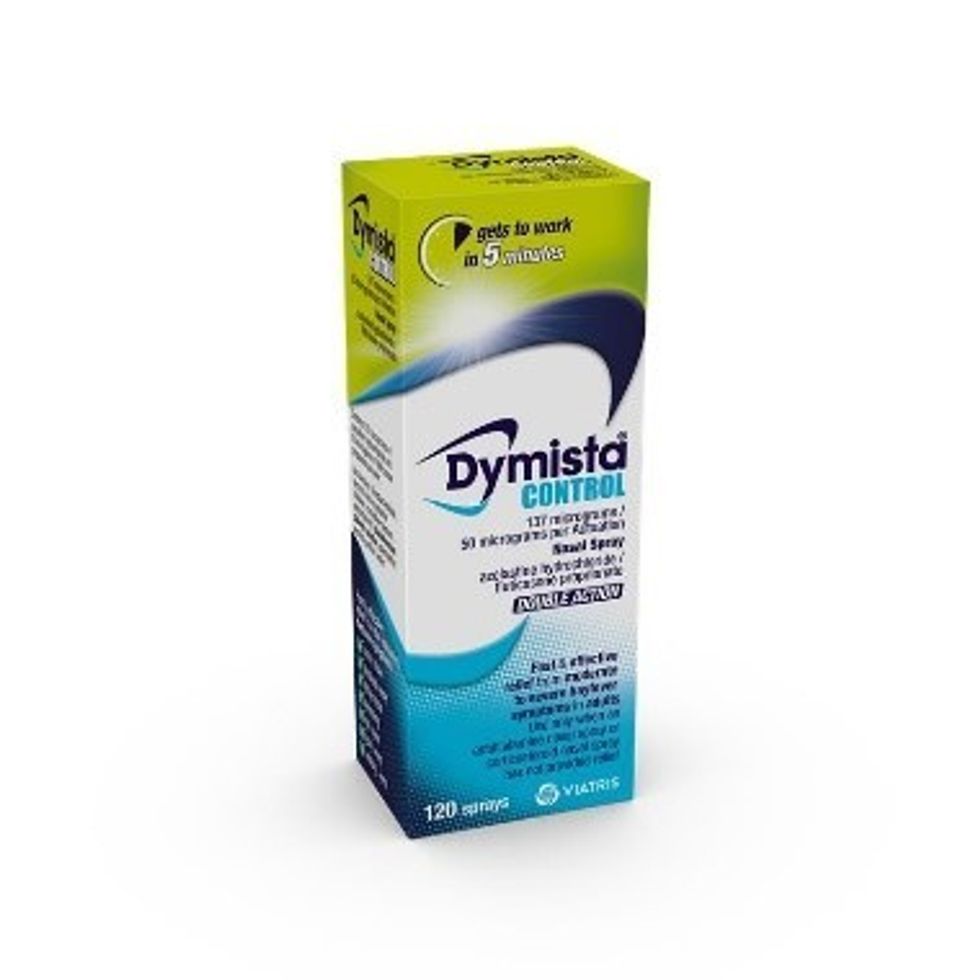The Royal Pharmaceutical Society (RPS) in Scotland expects all pharmacists in a patient-facing role to become independent prescribers by 2030.
In a report published on Wednesday (February 2), the RPS outlined the vision for pharmacy in 2030, forecasting the “traditional boundaries between pharmacy sectors will be broken down” by then.
It said that by 2030, pharmacy teams will work together, using their expertise and making the best use of medicine to deliver “seamless care for patients.”
Clare Morrison, director for Scotland at RPS, said: “In our vision, pharmacists will be recognised as medicines experts who take leadership of prescribing in all care settings and optimise therapeutic outcomes for patients. This means prescribing, monitoring, reviewing, adjusting and stopping medicines, underpinned by empowering patients to make shared decisions.”
The report, jointly published by RPS Scotland and the National Pharmacy Technician Group Scotland (NPTGS), covers the vision co-produced with pharmacists and pharmacy technicians working in all healthcare settings across Scotland, including community pharmacy, hospitals and GP practices.
Melanie Bryan, chair of NPTGS, said: “The vision sets out that in 2030, pharmacy technicians will lead medicines management processes, both in technical roles focused on safe and efficient supply of medicines, and in patient-focused roles to support patients’ use of medicines.”
The vision describes that having the right skill mix in pharmacy teams through robust workforce planning will be crucial for both increasing capacity of teams and improving patient care.
RPS will use the vision to communicate with partners across NHS, Scottish government and Holyrood about initiatives that are needed to maximise the potential of pharmacy across the health and social care system.
Besides, RPS has called for the introduction of a single shared electronic patient record across all health and care services, which would release clinicians’ capacity, improve safety and ensure better care for patients.
Commenting on the report, Andrew Carruthers, chair of the Scottish Pharmacy Board, said: “Pharmacy teams already make a huge contribution to people every day, and a spotlight was shone on their vital work during the pandemic. However, we also know that pharmacy has the potential to achieve so much more, and publishing Pharmacy 2030 is the first step on our journey to achieving this.
“By working with partners across health and social care, we will ensure pharmacy continues to deliver improved health outcomes for people, across all care settings, long into the future.”








![Potential Side Effects of Mounjaro [What You Need to Know]](https://www.pharmacy.biz/media-library/image.jpg?id=54516976&width=400&height=224&quality=90&coordinates=0%2C29%2C0%2C29)






 Dymista® CONTROL (azelastine hydrochloride and fluticasone propionate) nasal spray
Dymista® CONTROL (azelastine hydrochloride and fluticasone propionate) nasal spray 

